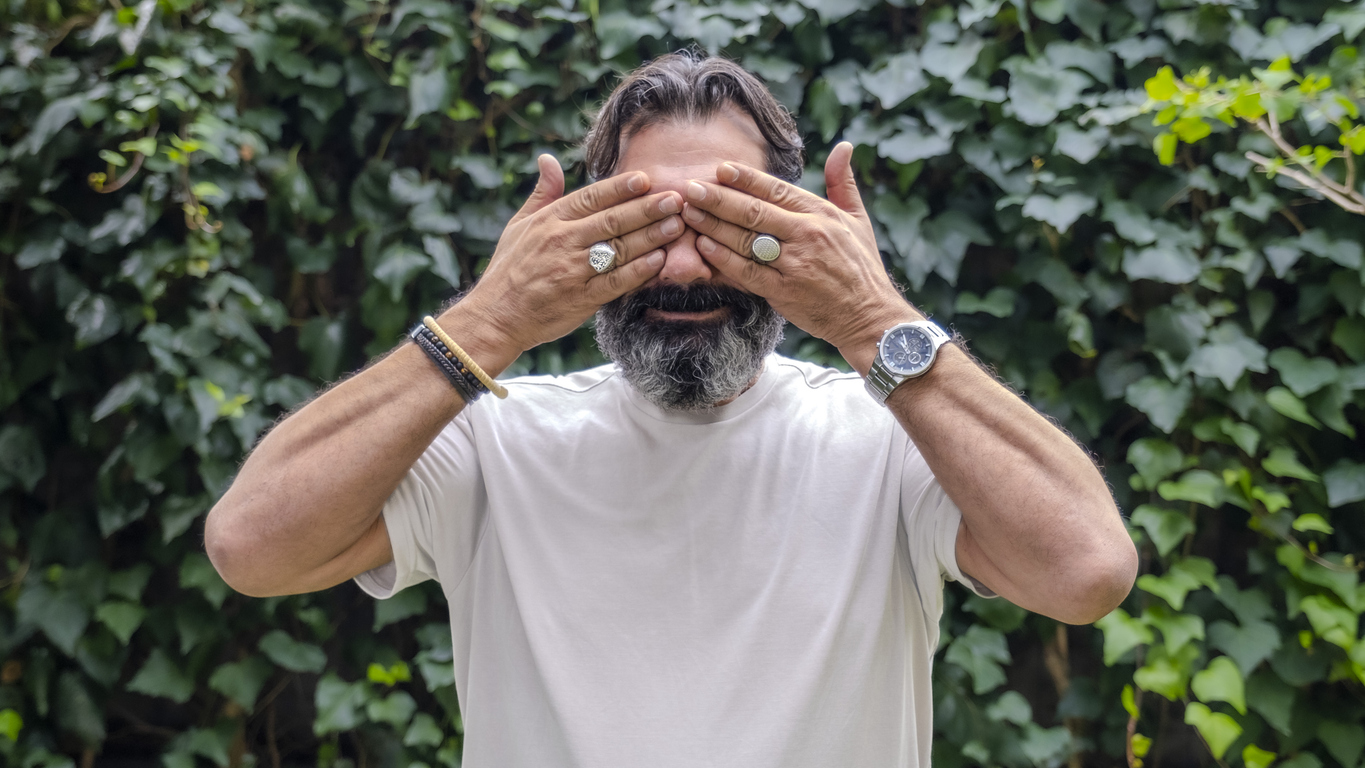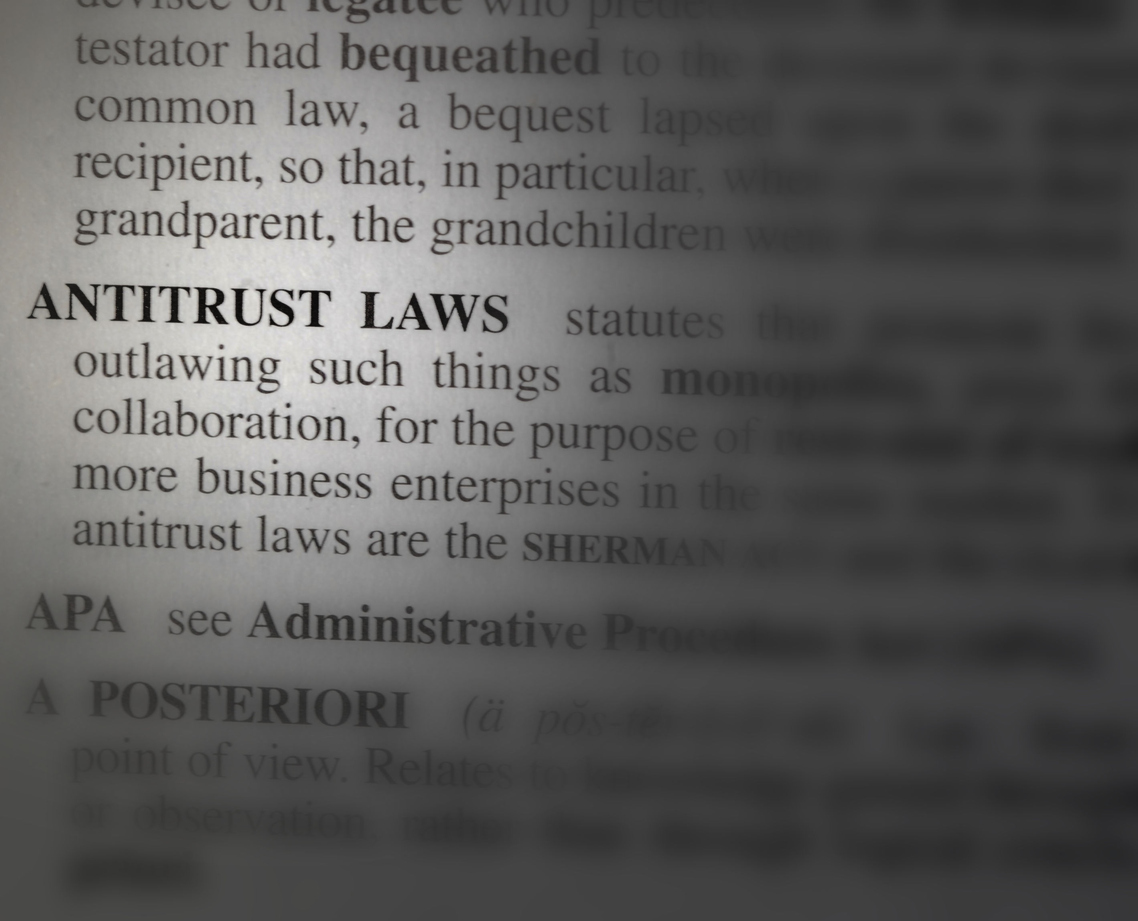You don’t have to have a law degree or be an insurance guru to see through one of the recent arguments People’s Trust has been using when denying insurance claims. Buying insurance with People’s Trust is very different than the way insurance is purchased with other Florida carriers. The basic process is different because People’s Trust doesn’t require policyholders to fill out or sign an application for insurance but then argues that the homeowner lied on the “insurance application” and the coverage is void! When an insurance company alleges someone has lied on an application, the insurance company should be required to produce the form with that insured’s signature, but People’s Trust has had no written application to produce for these “verbal sales call” policies.
Now, it should be noted that different companies can vary how they handle the application process for homeowner insurance, but People’s Trust has taken all the standard expectations and thrown them out the window. At its inception, People’s Trust wasn’t even using licensed insurance agents to field the “sales calls” – but now it promises that it has changed its ways.1
Here is what policyholders are telling about their experience with People’s Trust
- Expensive premium bill comes from current insurance company.
- Homeowners are concerned and start thinking about ways to save on insurance.
- Giant, glossy marketing material comes in the mail that asks something like, “don’t we all have something better to spend our money on than high home owners insurance premiums?" This week’s flyer also promises “Great Affordable Rates” and says to call “your trusted agent today and see how much you can save”.
- Homeowner calls the 1-800 number and thinks he or she is getting an insurance coverage quote. Agent does not disclose that this phone call will be considered the complete insurance policy application process.
- People’s Trust may or may not record the call, or may or may not save the recording.
- People’s Trust does not print out a summary of the information received in order to have the applicant check it for accuracy. People’s Trust does not email any forms to the applicant.
- In fact, no document/application is ever signed.
- No document or copy of the “application” is ever provided to the homeowner, or the spouse who was not on the phone to check for accuracy. This means the applicant can’t check the accuracy of the statements after reading the application questions nor can the applicant verify that the agent correctly noted the information.
- People’s Trust’s agents have no way to review the words that were said by the applicant (or play back the recording) if they misunderstood or failed to catch something the insured was saying during the telephone call.2 (I guess these superhuman licensed agents don’t make mistakes.)
- Homeowner’s quote is given and can be transformed into a policy if the homeowner likes the rate.
When People’s Trust lost their appeal on the Roddy3 case in November, the court opinion spelled out that People’s Trust could not provide a signed written insurance application, did not have a recording of the telephone conversation to proffer, and the agent’s testimony was that she did not remember even speaking with the insured.
Why are Florida’s CFO and the Office of Insurance Regulation allowing People’s Trust to sell insurance in this way? People’s Trust has an application form with signature lines of policyholders that it was required to submit for approval, but its not being used by the phone agents. Not allowing or requiring the insured to even see what the agent is putting on the form is outlandish. The regulators need to take a stand and realize that this unorthodox way of selling insurance with a verbal phone call may be saving People’sTrust money but it dupes policyholders.
There also seems to be a trend with People’s Trust is that they use this argument with devastating fire losses. Playing this application misrep card gets them out of paying for additional living expenses, personal property damage, and building repairs. If this situation sounds similar to something you are facing, hiring an experienced first-party property attorney is crucial.
1 See the March 5, 2009 Order to Show Cause that details the unlicensed activity of People’s Trust.
2 Mark Bowsher, the Chief Underwriting Officer since March 2011, testified to this in the case of Harrison v. People’s Trust Insurance Company.
3 People’s Trust Ins. Co. v. Roddy, No. 4D12-4456 (Fla. 2d DCA Nov. 20, 2013).



